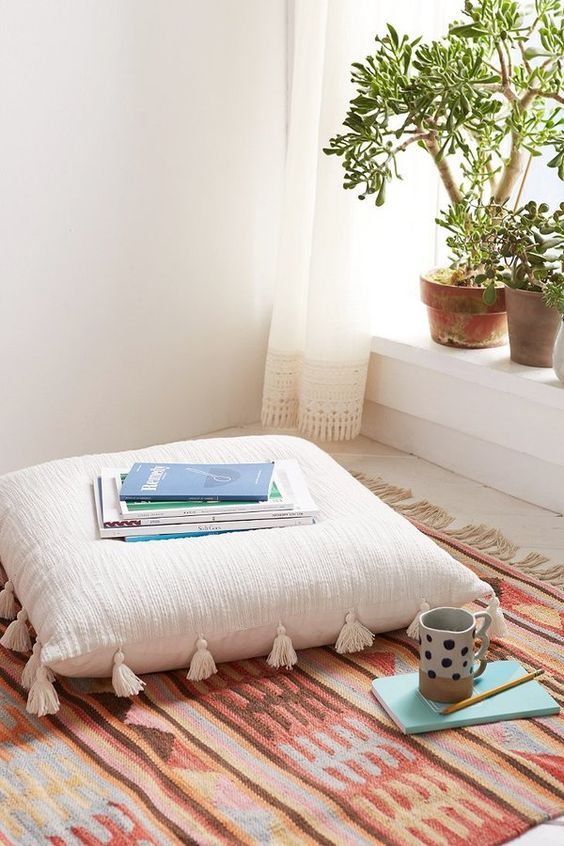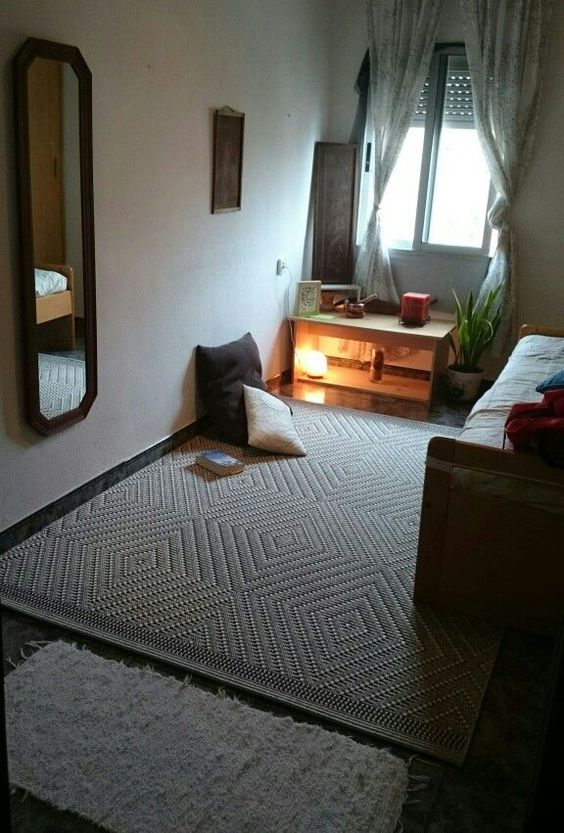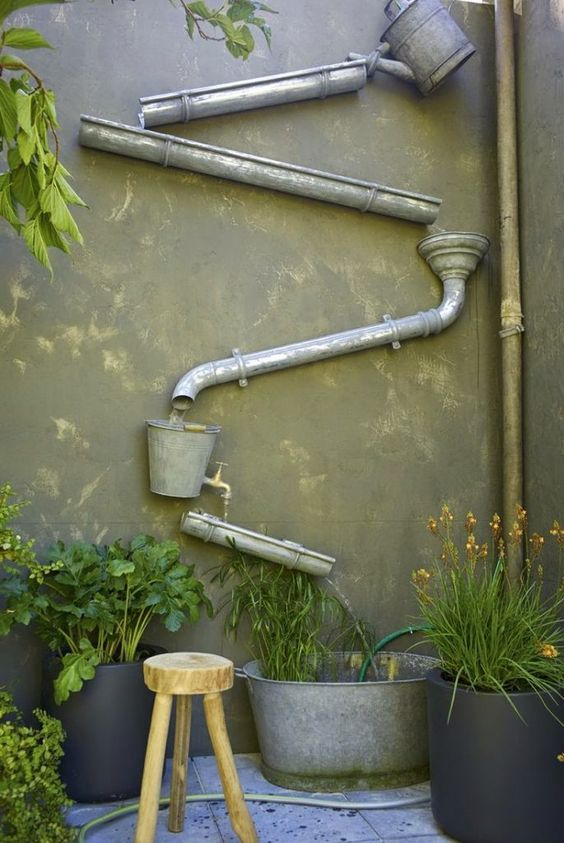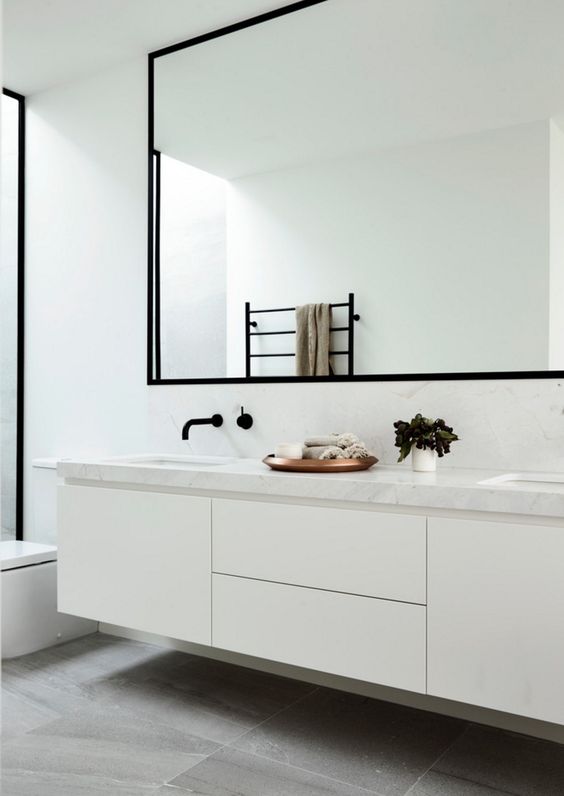Eco-Friendly Practices You Can Implement in Your Home
If you own a home, you should think about the environment and how you can protect it, how you can keep your family safe, and how to save on your utility bills. To make this happen, you can improve your home habits to conserve energy, water and develop other green initiatives within your home. But why does it matter?

Why should you adopt eco-friendly practices in your home? Well, when you implement eco-friendly practices, you will not only reduce wastage and minimize pollutants, you will also keep your family safe and healthy while saving money on utility bills.
As a homeowner who is looking to make your home green, here are 10 things you can do to minimize your home’s impact on the environment and make the world a better place to live in.
1. Make use of solar power
Have you wondered why many people are switching to solar power? Well, solar energy is a renewable energy source, it helps reduce electricity bills, has low maintenance costs, and most importantly, it helps conserve the environment. So, go ahead and invest in environmental-friendly solar panels!
2. Make use of natural light as much as possible or switch to LED/CFL light bulbs
This one cannot be stressed enough. You know how it is, paying large amounts of electricity bills every single month. Why don’t you switch to a more energy efficient method like making use of natural light or switching to LED/CFL light bulbs?
Natural light is free, and it provides a bright, warm ambiance as well as natural heat into your home. Install skylights, shutters, and Velux windows. Compact Fluorescent Lamp (CFL) and Light Emitting Diode (LED) light bulbs are designed to emit less heat than standard bulbs, which does a great job saving energy.
3. Collect rainwater
Don’t let those raindrops falling on your roof flow away. By installing rainwater tanks and water barrels, you can collect the water and use it as tap water, drinking water, for watering plants, for the toilet cistern, or even washing your car.
4. Switch off electricity when not in use
You will be doing the planet earth a favor if you always switch off any electrical devices/appliances when not in use to avoid wastage. Unplug them from the socket since they will still draw energy when plugged in.
5. Turn off the HVAC when not in use
The HVAC system consumes a lot of energy. During summer, switch off your HVAC system, e.g., thermostat and air conditioners and use natural heating and air conditioning. Open your windows to let in fresh air and natural sunlight for heat.
Also, replace your old water heater with a tankless water heater. Older ones consume a lot of energy by heating many gallons of water, while the tankless heater only heats water when you need it. You will be surprised at how much you will save on utility bills.
6. Practice greener habits in the kitchen to minimize wastage
Truth be told — a lot of wastage occurs in the kitchen. If you can make the following changes, then your home will be a safer place to live.
- Replace disposable spoons, plates, forks, cups, and knives with ceramic, metal, or glass
- Recycle grocery bags instead of buying new ones
- Replace disposable napkins with cloths
- Recycle cardboard boxes for future storage
By doing this, you can effectively reduce household wastage and save money.
7. Install a grease trap
A grease trap is a plumbing device that is designed to intercept most greases and solids before they find their way to the wastewater disposal system. Without a grease trap, the grease that blocks drainage pipes will get through. This can lead to environmental pollution and of course, costly repairs. So, consider installing a residential grease trap to keep the environment clean, safe, and healthy.
8. Install low-flow showerheads and toilets
Older showerheads release about five gallons of water per minute, which leads to water wastage and high-water bills. Modern showerheads use no more than two gallons of water per minute. It would save you a great deal of money if you install low-flow showerheads.
The same goes for toilets where older toilets consume as much as six gallons of water per flush while modern ones use about 1.28 gallons or even less.
9. Minimize your laundry duties
Minimizing your laundry duties can help you save water, energy, and time. To do this, consider doing laundry for the whole family at least once a week, rather than several times a week.
10. Practice smart irrigation techniques
Modern sprinklers are designed to release less water compared to older ones, which helps save water. Install rain sensors to prevent sprinklers from turning on when it rains. With modern sprinklers, you can also conserve water by programming the system to run in the mornings and evenings when there is less heat to evaporate the water.
You will significantly save on water bills.
These eco-friendly practices are easy and inexpensive to implement in your home. And you will not only be preserving the environment, but you will also be saving lots of money on utility bills. So, make a point of going green today.













